Arts et Métiers Research Laboratories
DYNFLUID - FLUID DYNAMICS
Campus: Paris
The DynFluid laboratory conducts research in fluid mechanics, aerodynamics, and acoustics, with applications in sectors such as aeronautics, automotive, and industrial processes. It develops innovative numerical methods to simulate flows and aeroacoustic phenomena, participating in national and international research programs.
Website
I2M - INSTITUTE OF MECHANICS AND ENGINEERING
Campus: Bordeaux-Talence
The I2M Laboratory spans the entire spectrum of mechanics: solid and system mechanics, fluid mechanics and heat transfer, civil engineering, mechanical engineering, and manufacturing processes. Its multidisciplinary approach addresses ambitious scientific challenges while integrating fields like applied mathematics, electronics, and energy.
Website
IBHGC - GEORGES CHARPAK INSTITUTE OF HUMAN BIOMECHANICS
Campus: Paris
Dedicated to human biomechanics, the institute studies the neuro-musculoskeletal system of living subjects, focusing on injury and degenerative mechanisms. Its interdisciplinary research supports the development of prevention, diagnosis, and therapeutic solutions.
Website
IRENAV - NAVAL SCHOOL RESEARCH INSTITUTE
Partner Laboratory: Brest
IRENav is a multidisciplinary research center specializing in maritime and sustainable development. Key areas include hydrodynamics and energy conversion for naval propulsion and marine renewable energies, underwater acoustics, and geographic information systems.
Website
L2EP - LABORATORY OF ELECTRICAL ENGINEERING AND POWER ELECTRONICS
Campus: Lille
The L2EP laboratory comprises four research teams exploring all aspects of electrical energy: control, networks, power electronics, tools, and numerical methods. It also leads collaborative research initiatives, such as the MEDEE (Energy Management for Electric Drives) project.
Website
LABOMAP - BOURGOGNE LABORATORY OF MATERIALS AND PROCESSES
Campus: Cluny
LaBoMaP's three research teams focus on machining processes for green wood and metallic materials, with a cross-disciplinary emphasis on material science. Research topics include composite wood material characterization, material-surface interactions, and high-speed machining of hard-to-machine materials.
Website
LAMPA - ANGEVIN LABORATORY OF MECHANICS, PROCESSES, AND INNOVATION
Campuses: Angers and Laval Institute
LAMPA specializes in innovation, advanced manufacturing processes, and the sustainability of materials and structures. Research incorporates digital and virtual tools, such as numerical simulations to analyze thermal and mechanical phenomena in manufacturing processes.
Website
LCFC - LABORATORY OF DESIGN, MANUFACTURING, AND CONTROL
Campus: Metz
The LCFC focuses on production systems in service and manufacturing industries, tackling challenges such as system design, organization, operation, quality assurance, safety, and worker health. It also explores advanced manufacturing processes and high-tech functionalities.
Website
LCPI - LABORATORY OF PRODUCT DESIGN AND INNOVATION
Campus: Paris
LCPI’s research centers on optimizing design and innovation processes. Combining engineering and social sciences, it employs tools such as virtual prototyping, innovation foresight, user analysis, Kansei engineering, eco-design, and product lifecycle management.
Website
LEM3 - LABORATORY OF MICROSTRUCTURE AND MATERIAL MECHANICS
Campus: Metz
As a multidisciplinary research center, LEM3 combines solid mechanics, metallurgy, materials science, chemistry, and physics. Its expertise spans a wide range of materials and applications, including automotive, aerospace, energy, and civil engineering.
Website
LIFSE - FLUID AND ENERGY SYSTEMS ENGINEERING LABORATORY
Campus: Paris
LIFSE bridges fundamental and applied research to address complex scientific and technological challenges. Its work spans renewable energy, sustainable mobility, aerospace, industrial processes, and healthcare.
Website
LISPEN - LABORATORY OF PHYSICAL AND DIGITAL SYSTEMS ENGINEERING
Campuses: Aix-en-Provence, Cluny, Chalon-sur-Saône, Lille
LISPEN integrates expertise across campuses to advance the development and operation of multi-physical and virtual dynamic systems for the Industry of the Future. Research focuses on systems engineering, numerical modeling, human-system interaction, and decision-making support.
Website
LMFL - FLUID MECHANICS LABORATORY OF LILLE – KAMPÉ DE FÉRIET
Campus: Lille
LMFL unites researchers from Arts et Métiers, Lille University, Centrale Lille, and CNRS. Its research covers fluid mechanics, material reliability, civil engineering, and more, emphasizing interdisciplinary applications.
Website
MSMP - MECHANICS, SURFACES, AND MATERIALS PROCESSING LABORATORY
Campuses: Aix-en-Provence, Châlons-en-Champagne, Lille
MSMP’s research encompasses mechanics, surfaces, interfaces, materials, and manufacturing processes, with a multidisciplinary approach integrating materials science and engineering.
Website
PIMM - PROCESSES AND MECHANICAL ENGINEERING LABORATORY
Campus: Paris
PIMM specializes in material and structural mechanics, metallurgy, polymer chemistry, forming and joining processes, and advanced numerical simulations, with a focus on material durability, particularly plastics.
Website


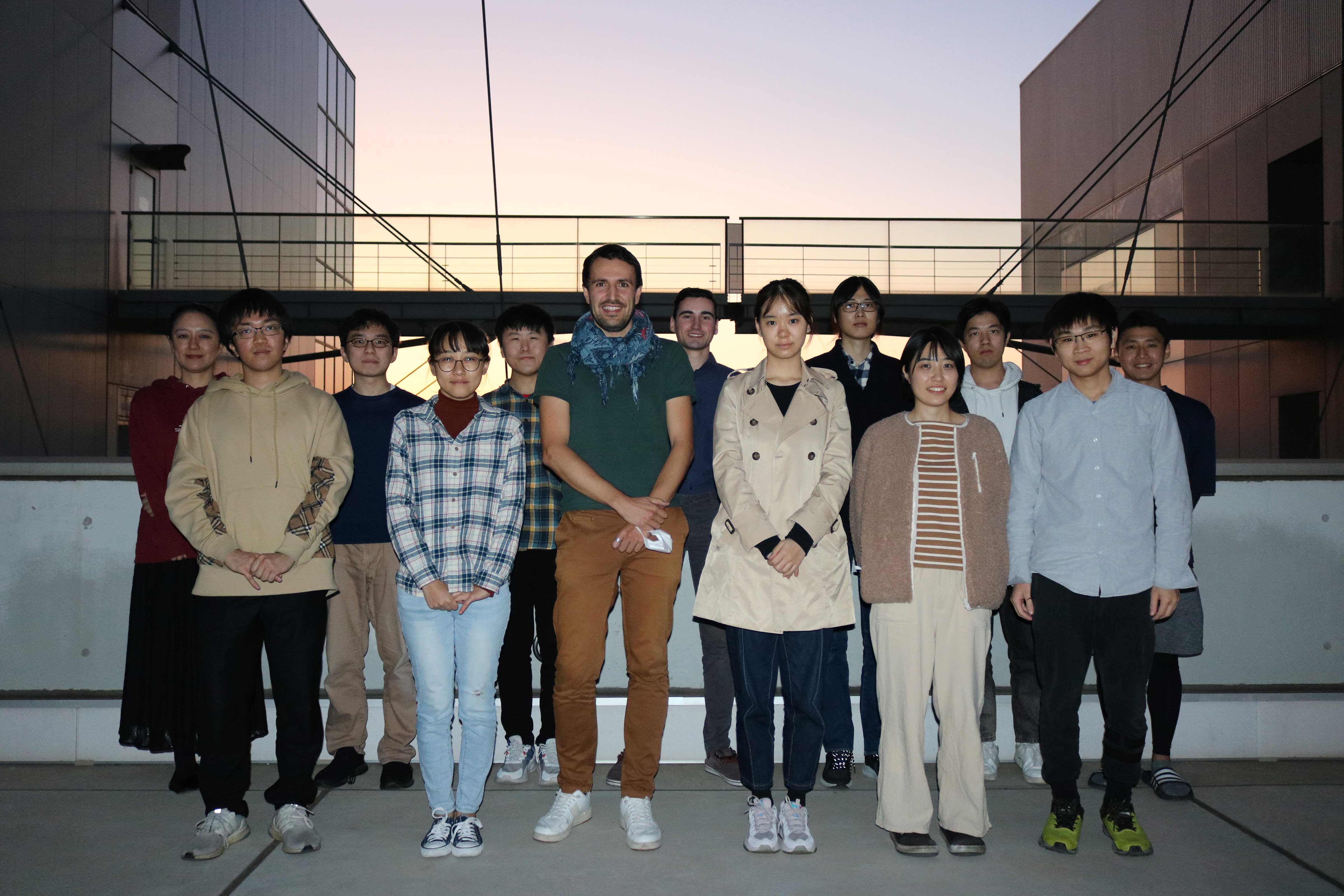
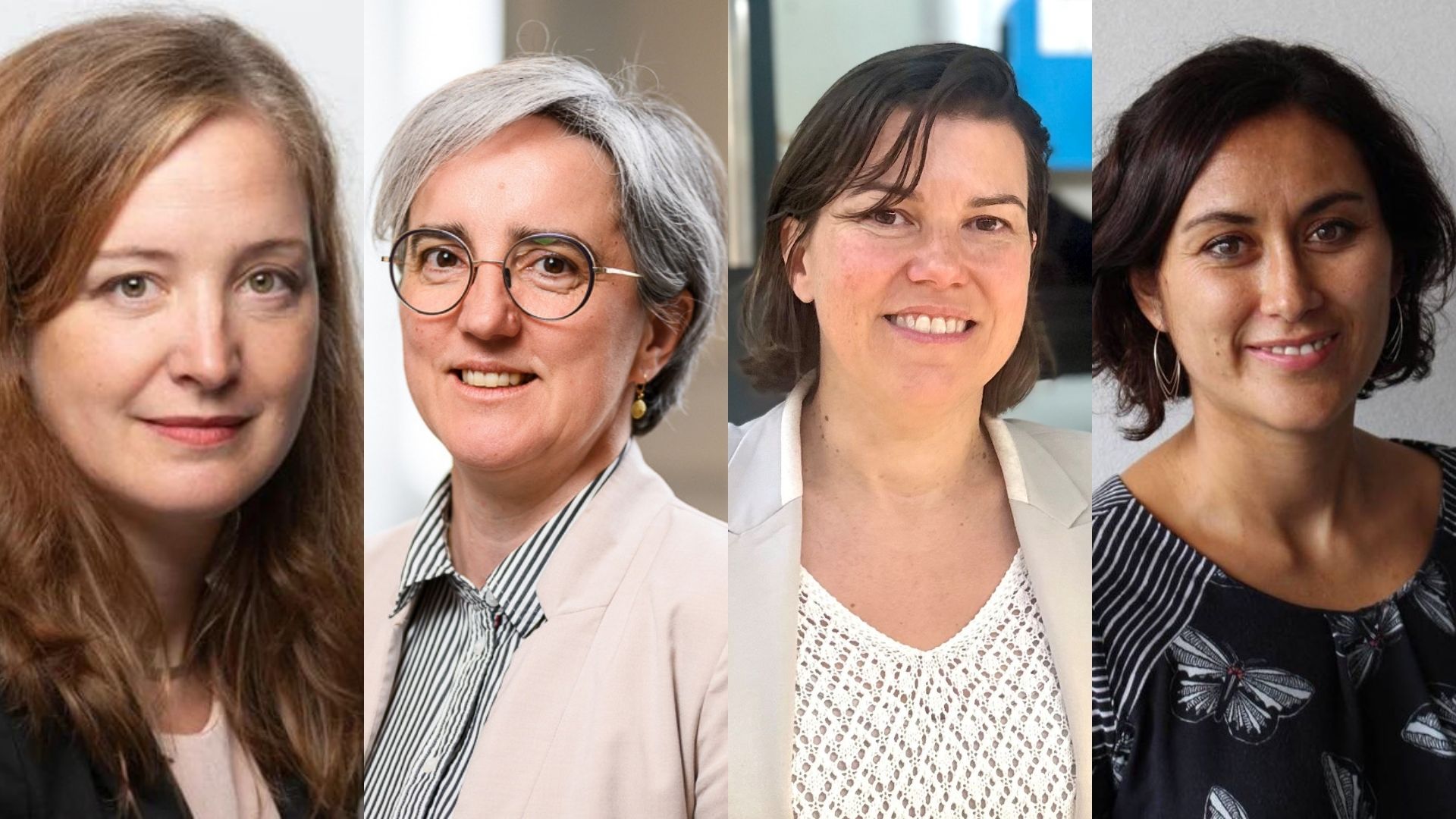
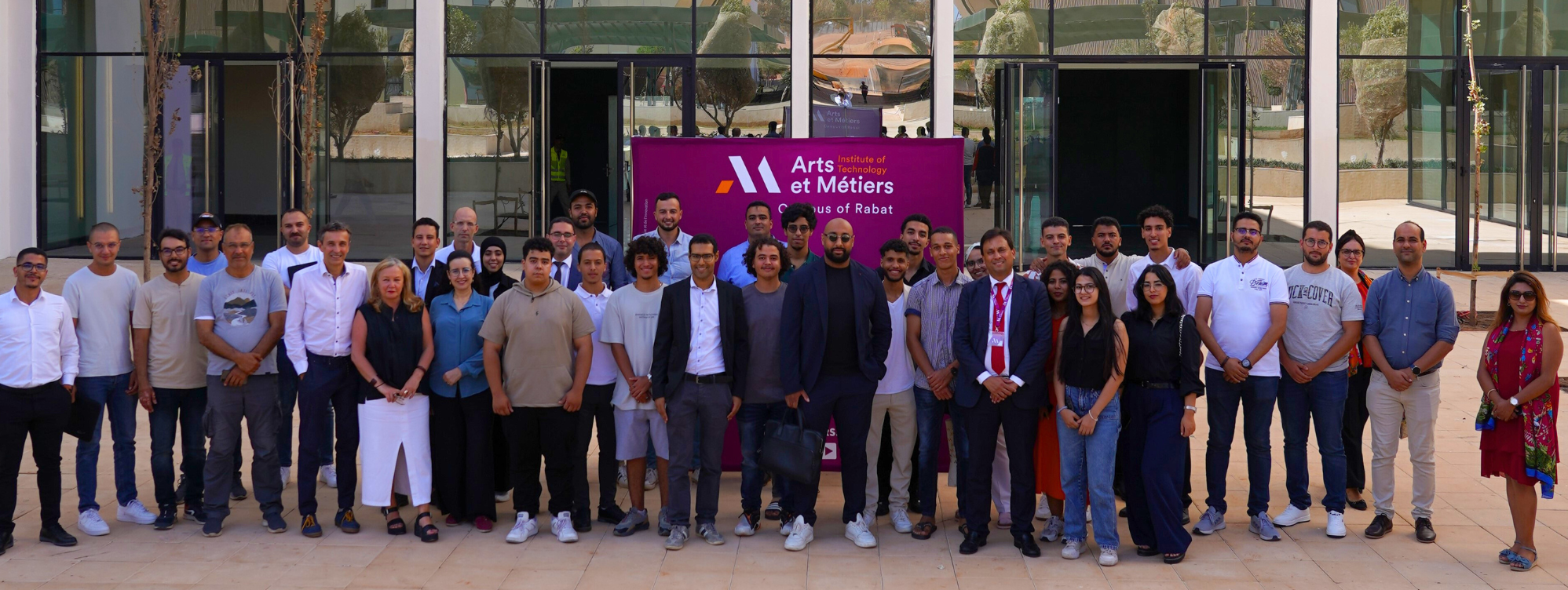

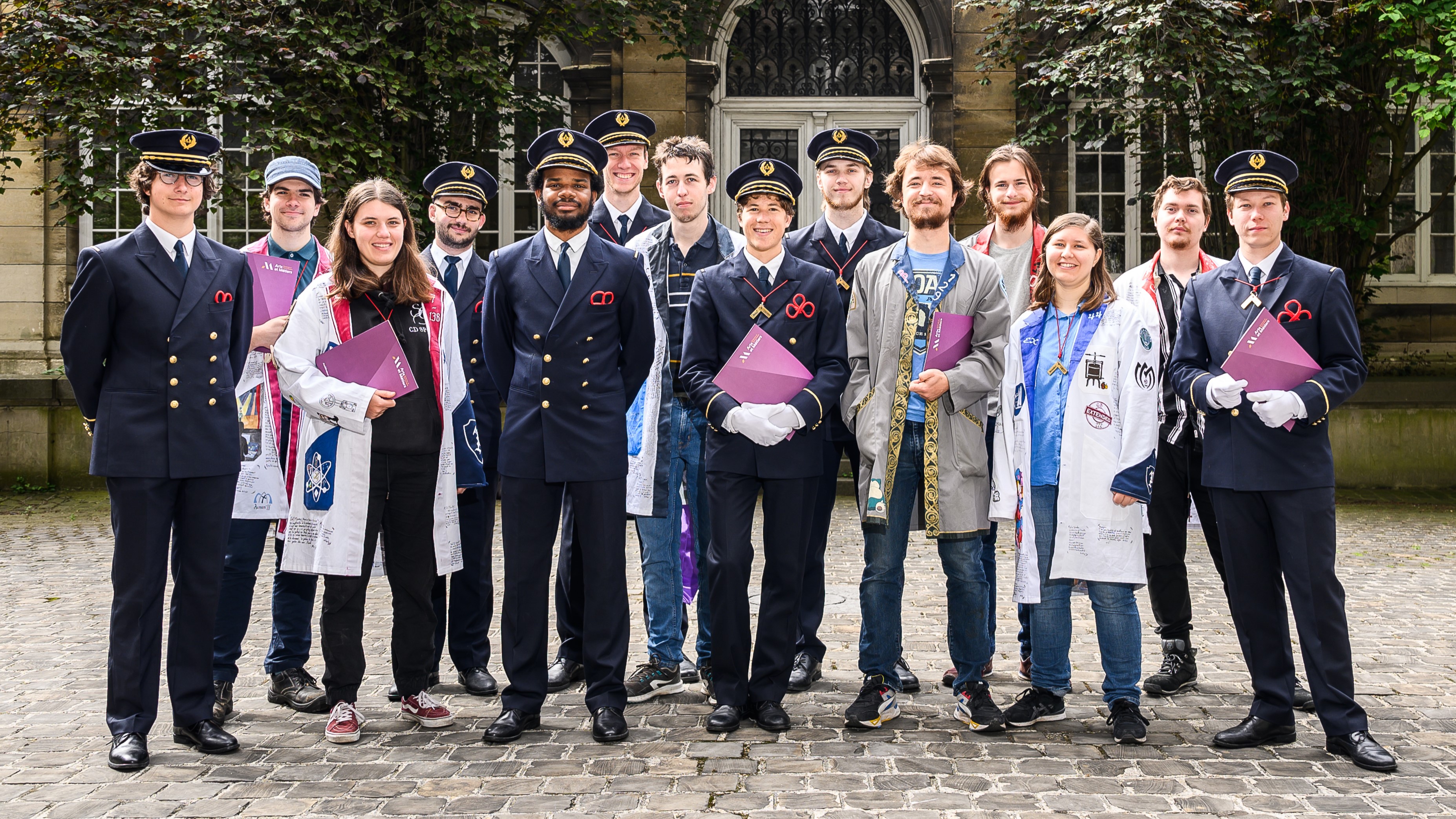
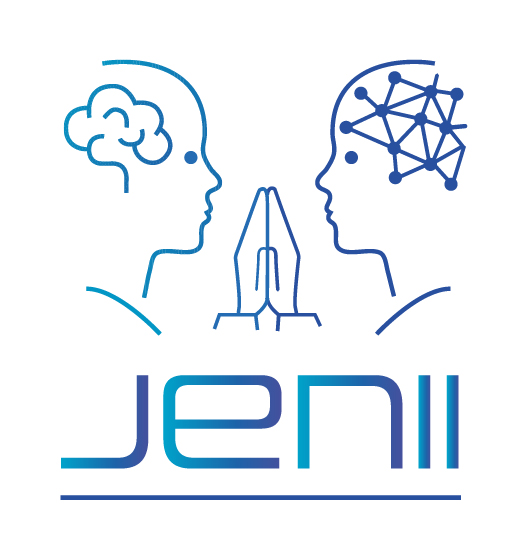 Launched in 2021, it was selected as one of the 17 winners of the "Digital Demonstrators in Higher Education" (DemoES) call for expression of interest under the PIA4. Coordinated by Arts et Métiers, this project also includes CEA (French Alternative Energies and Atomic Energy Commission), the Conservatoire National des Arts et Métiers (National Conservatory of Arts and Crafts, CNAM), and CESI.
Launched in 2021, it was selected as one of the 17 winners of the "Digital Demonstrators in Higher Education" (DemoES) call for expression of interest under the PIA4. Coordinated by Arts et Métiers, this project also includes CEA (French Alternative Energies and Atomic Energy Commission), the Conservatoire National des Arts et Métiers (National Conservatory of Arts and Crafts, CNAM), and CESI.